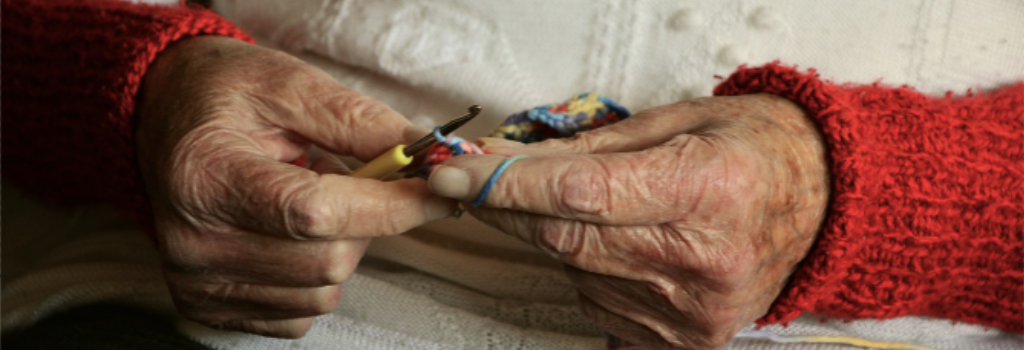A recently presented study (in publication) at the NeuroDiab medical conference in Thessaloniki has again demonstrated that Neuropad is a valid and accurate test for the detection of diabetic autonomic neuropathy (DAN). This study shows that Neuropad has a sensitivity of 89% and a specificity of 78% and identical respective positive and negative predictive values for the detection of DAN.
Major clinical manifestations of DAN include resting tachycardia, exercise intolerance, orthostatic hypotension, constipation, gastroparesis, erectile dysfunction, sudomotor dysfunction, impaired neurovascular function, ‘brittle diabetes’, and hypoglycaemic autonomic failure.
DAN is therefore a serious...










